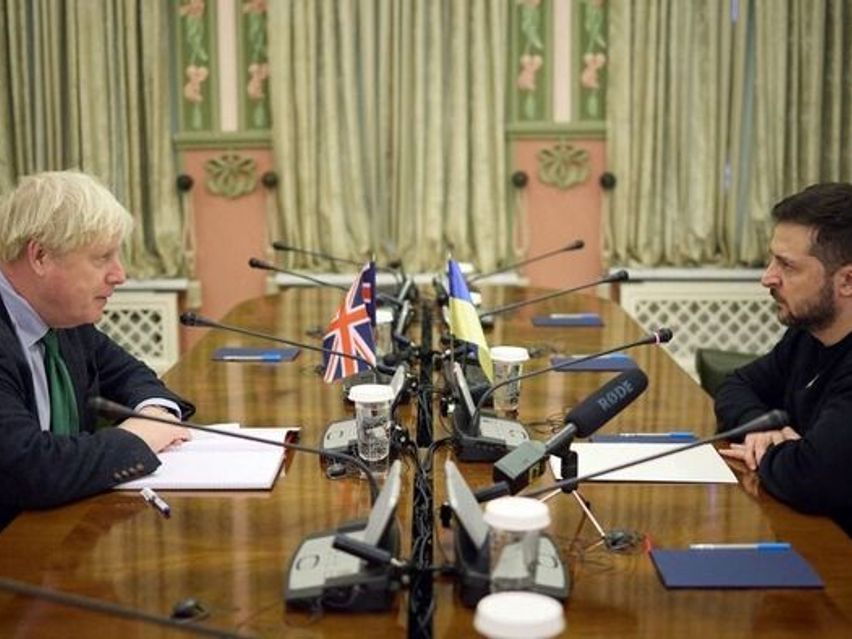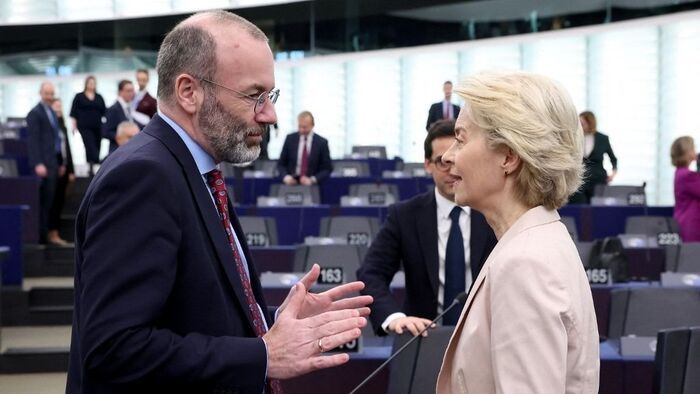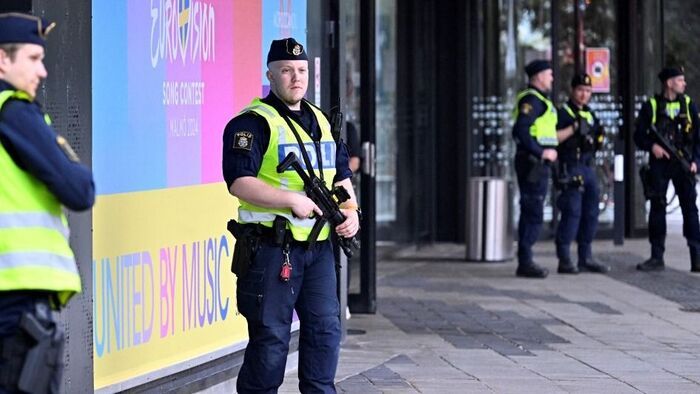Immigration and political integration are brought back into focus by the brutal - and apparently surprise - attack on Israel, which started on the morning of October 7. Palestinian extremist Hamas militants stormed out of the Gaza Strip, firing thousands of rockets into Israeli territory within hours, killing at least 1200 Jews, including many civilians and children, and kidnapping numerous people. In the aftermath of the events, local Palestinians and other Muslim believers, as well as immigrants and citizens with migrant backgrounds, staged demonstrations in several European capitals in support of the terrorist attack. On October 11, former US Secretary of State Henry Kissinger expressed concern that the Palestinian terrorist organization Hamas had been celebrated on the streets of Berlin after the assault on Israel. In his opinion, "it was a grave mistake to let in so many people of totally different culture and religion and concepts".
The opinion of the highly respected American politician cannot be disputed, but the question arises as to what processes have led to this point in Western Europe.























Szóljon hozzá!
Jelenleg csak a hozzászólások egy kis részét látja. Hozzászóláshoz és a további kommentek megtekintéséhez lépjen be, vagy regisztráljon!